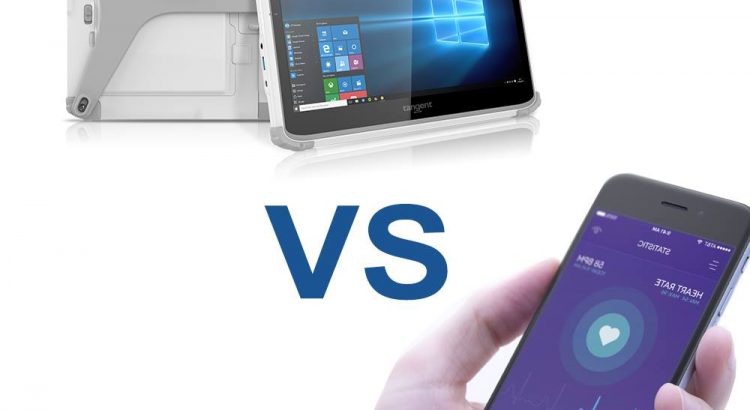Technology you encounter at hospitals can be a tad confusing or funny at times. You see million dollar state-of-the-art scanners and treatment machines, but then you also see a doctor walk by with a 90s style pager clipped to their pocket. The reason for this is that they both suit their purpose best. The […]
Month: April 2019
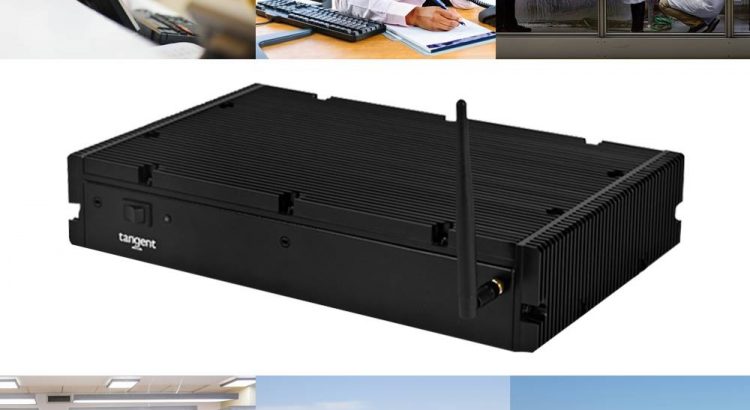
Doing A Whole Lot With Very Little (Computers)
To most hourly employees, the work time clock is an annoying, but necessary evil. To payroll departments, it’s the most essential tool in the galaxy. And to IT departments, it’s something that needs to be available in lots of places around the company floor but also, out of the way. Most modern time clock stations […]
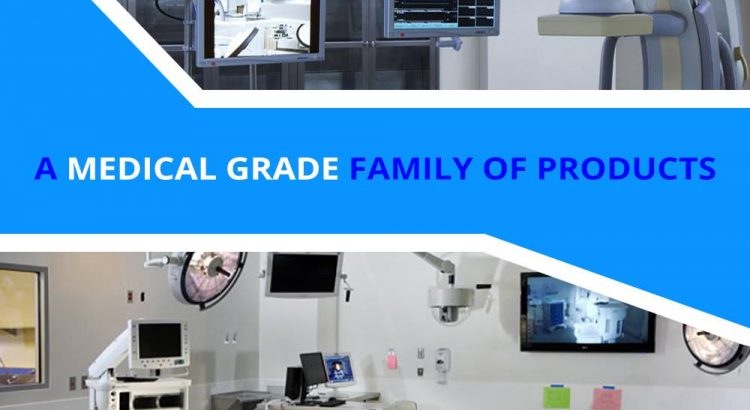
Medical Grade Family of Products
Integrating technology into hospital workflows has been massively transformational to a great many health care systems and providers. An article from Healthcare IT News discusses how a hospital in New York was able to leverage technology to monitor patients and reduce transfers to the ICU by 63%. Staff at Saratoga Hospital were taking patients’ vital […]
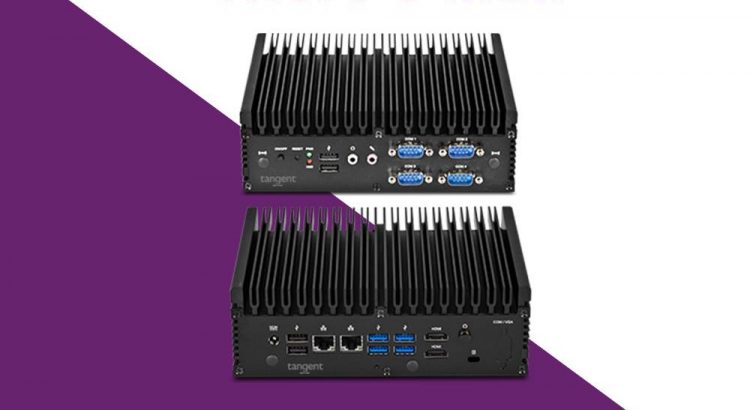
There’s Small, and Then There’s Mini
Picture a small desktop computer in your mind. Even today, they are fair sized rectangular boxes that take up a considerable amount of space on the desk or underneath it. Now picture a mini PC… Is it just a tad smaller than the desktop? With Tangent’s line of industrial rugged mini PCs, you’d have to […]
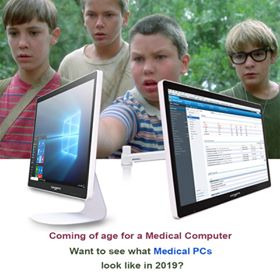
Coming of Age of a Medical Computer
Coming of Age of a Medical Computer In the 1990s, the term “medical computer” didn’t mean much more than a PC in a doctor’s office, or computers set up specifically for order entry, medical database access, or patient surveys. The equipment itself wasn’t anything special or purpose built for the medical field. Nowadays, a […]
